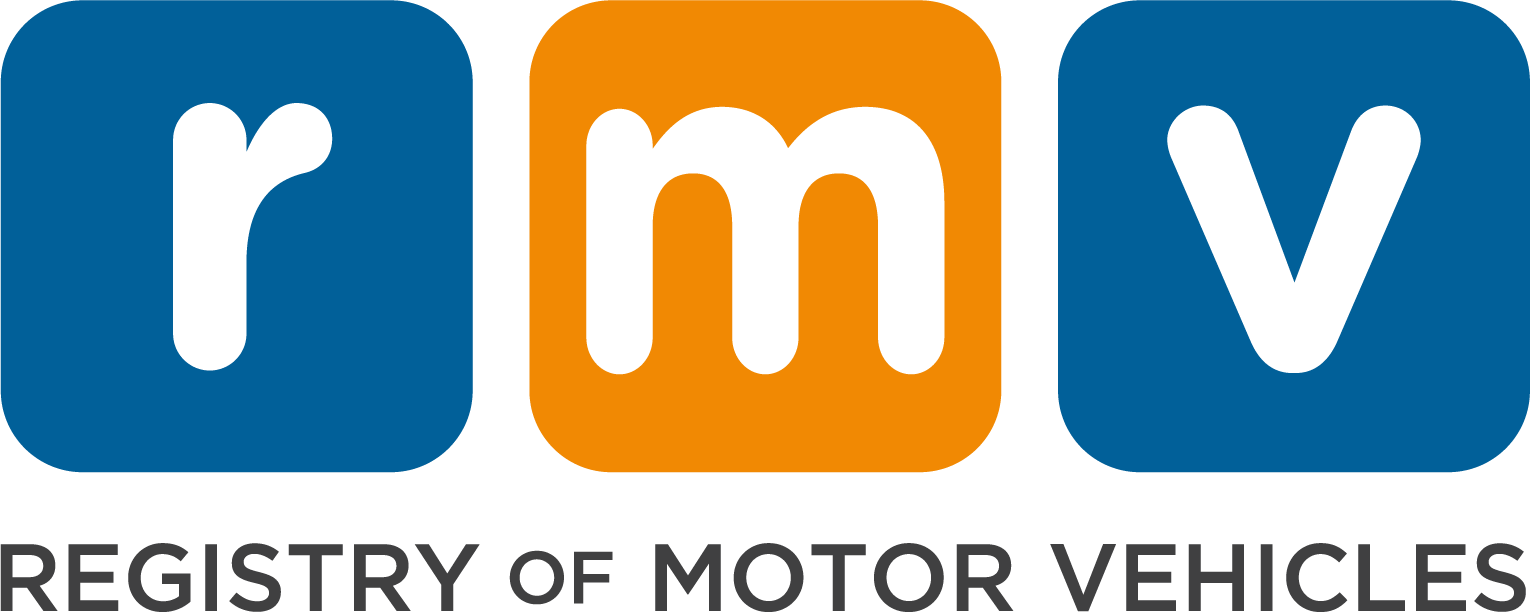- Massachusetts Registry of Motor Vehicles
Media Contact
Massachusetts Registry of Motor Vehicles Now Offering Commercial Learner’s Permit Exams in Spanish and Portuguese
New language options to help boost job opportunities, support business community
BOSTON – The Massachusetts RMV is pleased to announce it is expanding the number of languages offered for individuals interested in taking commercial learner’s permit exams. Effective immediately, the knowledge exams are now available in Spanish and Portuguese, as well as in English.
To apply for a commercial learner’s permit, the applicant must be a Massachusetts resident, be at least 18 years of age, have lawful presence in the United States, and have an active passenger (Class D) driver’s license.
“We hope to encourage more residents to consider applying for a Commercial Driver’s License by offering the exam in Spanish and Portuguese, along with English,” said Transportation Secretary and CEO Monica Tibbits-Nutt. “Making the exam available in additional languages will give more residents an opportunity to get a credential which will make them eligible for many job opportunities and will also support the needs of businesses, school systems, and other employers who need CDL holders to provide essential services.”
“The addition of Spanish and Portuguese for commercial learner’s permit exams allows eligible applicants to take the knowledge test in one of these languages, should they choose,” said Registrar of Motor Vehicles Colleen Ogilvie. “This will help remove a barrier and increase the pool of commercial drivers for companies doing business in the Commonwealth.”
Applicants for a commercial license are issued a Commercial Learner’s Permit (CLP) only after passing the requisite tests for the type of commercial vehicle the resident wants to operate.
“Transit ridership is continuing to tick upwards as industries recover from the impact of the pandemic, so anything we can do to make more transit bus drivers available goes a long way in supporting regional economies,” said Rail and Transit Administrator Meredith Slesinger. “The Commonwealth’s Regional Transit Authorities have been advocating for this change and I am pleased that we have been able to accommodate this commonsense initiative.”
MetroWest Regional Transit Authority Administrator Jim Nee said, “The recruitment and retention of highly skilled, professional, and commercial drivers is vital to providing public transit in MetroWest. The partnership and flexibility the RMV is showing by providing multilingual options highlights the ongoing willingness of the Commonwealth to be at the forefront of the post-COVID recovery through innovative solutions.”
The commercial general knowledge and all endorsement tests are now available in the three languages. The language is selected at the time the applicant starts the knowledge test on the testing station computers at the RMV Service Center. There is also an audio component where the CLP applicant will see and hear the questions and answers during the testing session. Commercial testing is not available remotely, only at the Service Centers.
The road test, or driving skills test, that follows the knowledge test must be administered in English, per federal regulation. Also, per federal regulation, the use of a foreign language interpreter is not permitted.
There are other federal requirements that applicants must meet to qualify for a commercial operating privilege:
- Prove lawful presence in the United States by providing documentation such as a U.S. birth certificate or U.S. Passport, a permanent resident card or employment authorization card prior to being issued a commercial learner’s permit or driver’s license.
- Complete an entry level driver training (ELDT) education course from an approved vendor
- Meet federal physical and vision standards
- Complete the self-certification requirement
- Supply a medical certificate
Pass a background check to be authorized to transport hazardous materials, if applicable.
###
